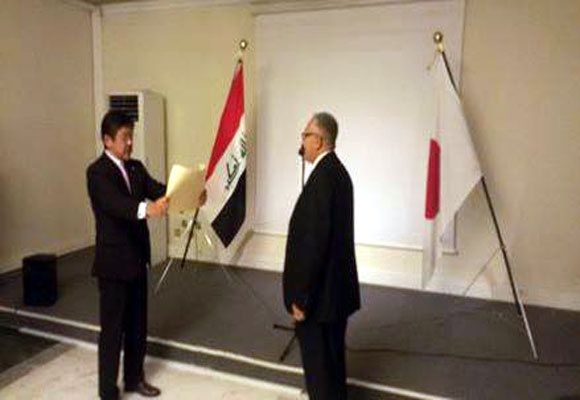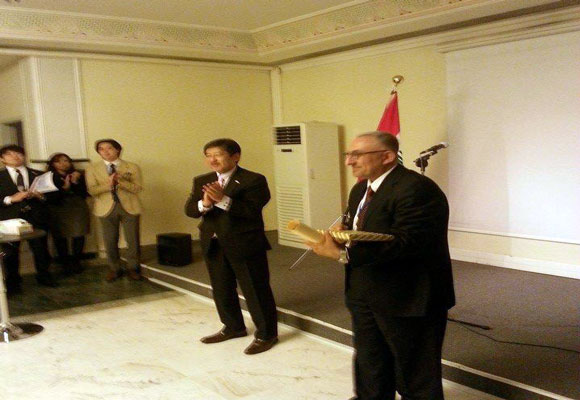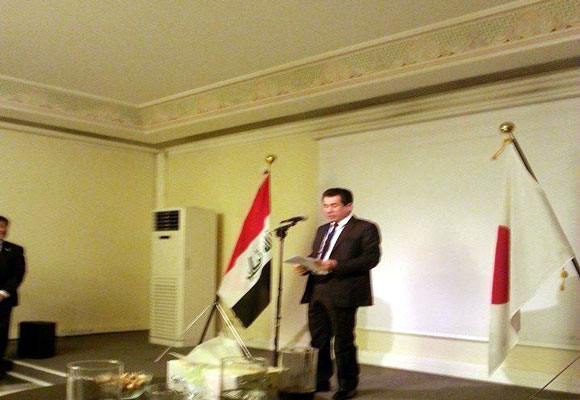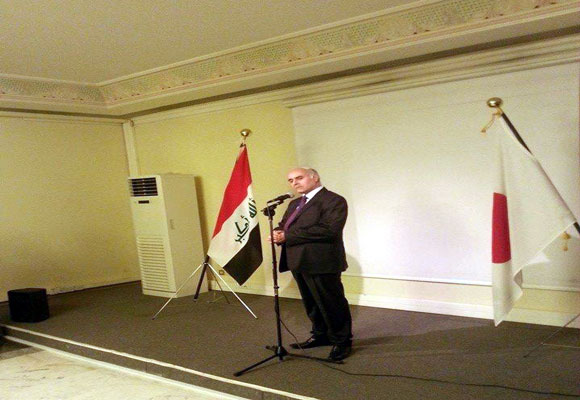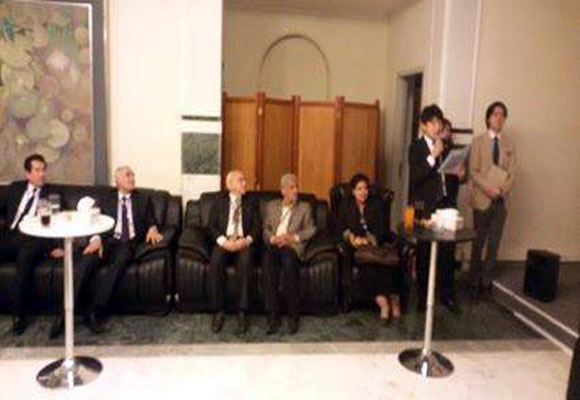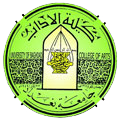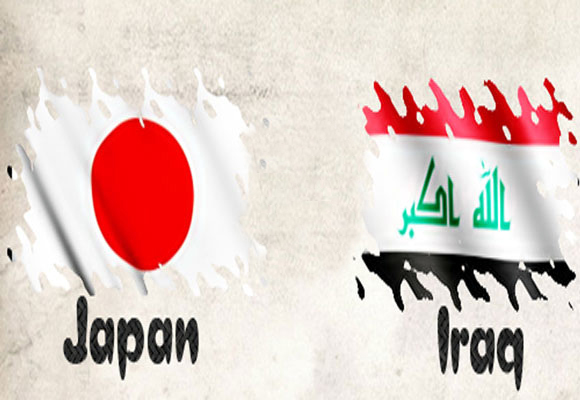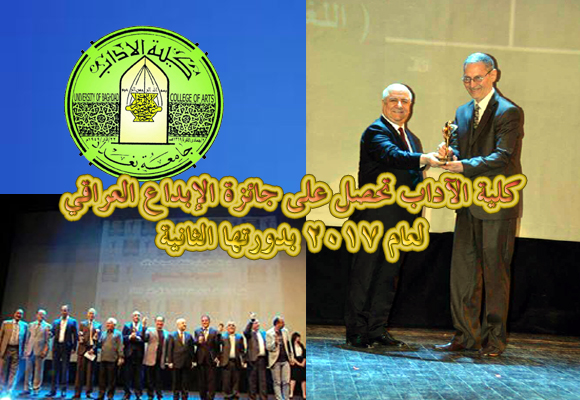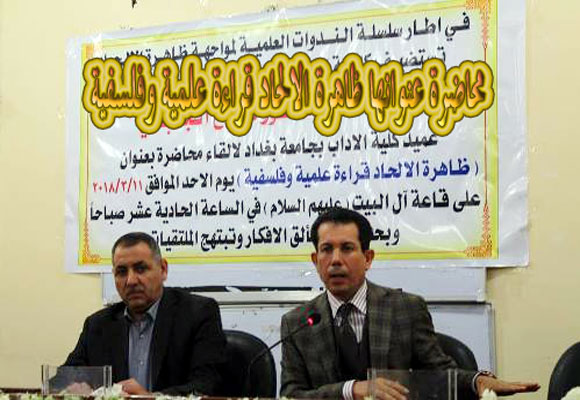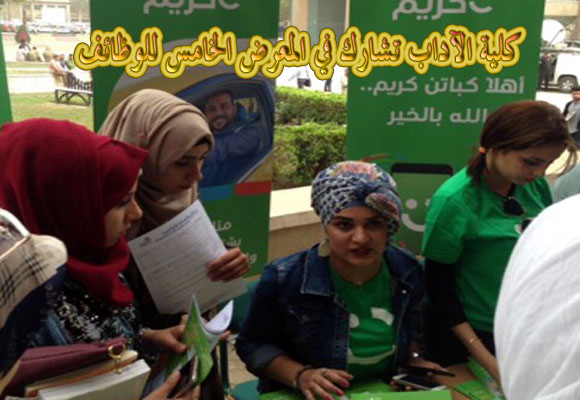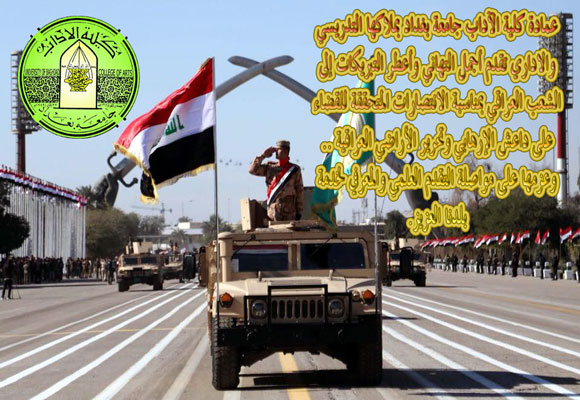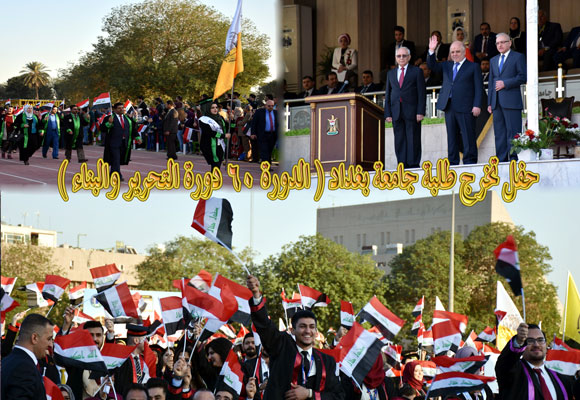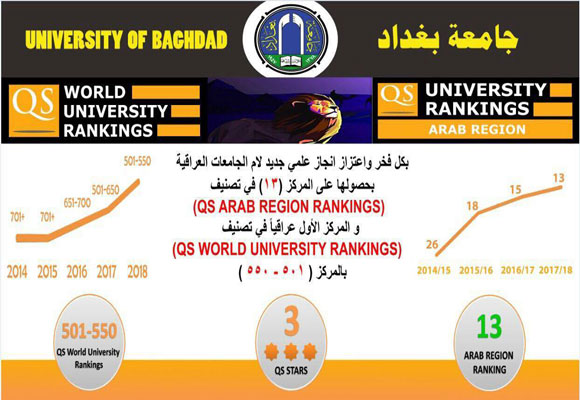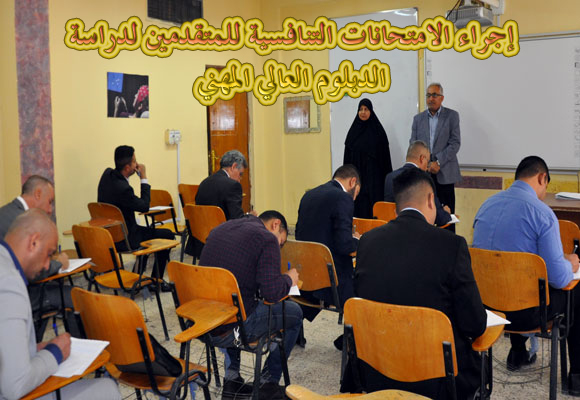حصل الدكتور محمود القيسي ، أستاذ التاريخ الأوربي في كلية الآداب –جامعة بغداد على جائزة وزير الخارجية الياباني للعام 2014 . وجاء في توصيف منح الجائزة لمساهمته ” في تعميق التفاهم الأكاديمي بين العراق واليابان. وتمنح هذه الجائزة للشخصيات الأكاديمية التي حققت انجازات مميزة في تعزيز علاقات الصداقة بين اليابان والبلدان الأخرى. وهذه هي المرة الأولى التي تمنح فيها هذه الجائزة لأكاديمي من الشرق الأوسط والعالم العربي. وقد أسهم الدكتور محمود القيسي في تأسيس برنامج الدراسات التاريخية اليابانية في آداب بغداد منذ عام 2007 ، حيث ظهر جيل من الأكاديميين العراقيين الشباب متخصص في التجربة التنموية اليابانية وتاريخ اليابان الحديث والمعاصر. وأصبح لكلية الآداب في جامعة بغداد علاقات واسعة مع العديد من المؤسسات الأكاديمية والبحثية اليابانية مما أسهم في تطوير العديد من البرامج البحثية من خلال المؤتمرات والزمالات البحثية.إلى جانب إصداراته المتعددة عن التجربة اليابانية وعلاقات العراق واليابان. تشير هذه الجائزة إلى جدية الجامعات العراقية والاعتراف بجهودها عالميا مما يعكس دأب الأكاديميين العراقيين على تحقيق نجاحات دولية. وكانت السفارة اليابانية في بغداد قد أقامت حفلا رسميا منح فيه سعادة السفير الياباني في بغداد كازويا ناشيدا الجائزة بحضور القائم بالأعمال الياباني في العراق كانسوكي ناكاؤوكا والدكتور زهير حمادي، رئيس الهيئة العليا لتطوير التعليم في العراق، والأستاذ الدكتور فلاح الاسدي ،رئيس الجامعة المستنصرية ، والأستاذ الدكتور صلاح الجابري ،عميد كلية الآداب في جامعة بغداد ،والأستاذ الدكتور جميل النجار ،عميد كلية التربية الأساسية، وعدد من الأكاديميين والمتخرجين من برنامج الدراسات اليابانية. وكان لعميد كلية الاداب /جامعة بغداد كلمة بالمناسبة هذا نصها :
Good afternoon Ladies and Gentlemen.
It is such pleasure and honor to be here at the Japanese Embassy.
Thanks Mr. Ambassador for the generous invitation. I appreciate your effort and time in taking care of this event.
Thanks for the Minister of Higher Education and Scientific research Dr. Shahristani for his support.
Thanks for the representative of prime Minister for being with us.
Thank you friends and colleagues for attending this event.
Today I would like to take this excellent opportunity to talk briefly about several issues.
I may start by asking few questions:
What is the Japanese experience? And how do we perceive it?
In fact, the question is this: What lessons we can get from its amazing past and present to engage it in the context of Iraq new life?
On the other hand, How Japanese perceive us? How they would like to deliver their expertise to us? And in what scope?
These questions are consistent with our college, College of Arts, strategy, which focus on analyzing the world experiences including Japanese in particular. To accomplish this goal we plan to establish a unity of Oriental studies, which will focus on Japanese studies. This project will engage out college professors, and will be led by Professor Mahmoud al-Qaisi. You may know that the Embassy will honor him today.
Over the past seven years, we have accomplished in our college, seven M.A and PhD dissertations on Japan. And we have guided the scientific departments to diversify the master’s and doctoral topics to include Japanese scientific insights in the fields of Humanities and Orientalism.
Moreover, I would like to let you know that we have been working on a project to get UNISCO Chair for Genocide Studies, and we hope that we build a strong cooperation with the relevant Japanese scientific centers, particularly in our visit to Japan next Thursday.
I promised to be brief, so finally I would like to express my deep appreciation for this honor of one of our college professors, Dr. Mahmoud al-Qaisi, who is one of our leading professors at the College of Arts and the University of Baghdad.
Thanks again for Japanese Embassy.
Thanks for all of you.
